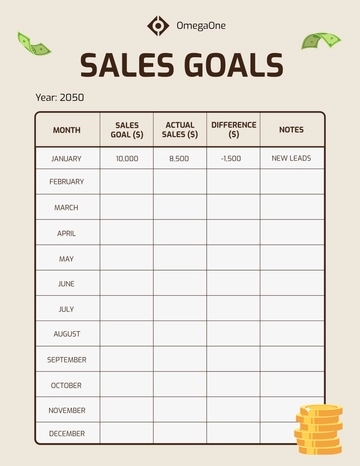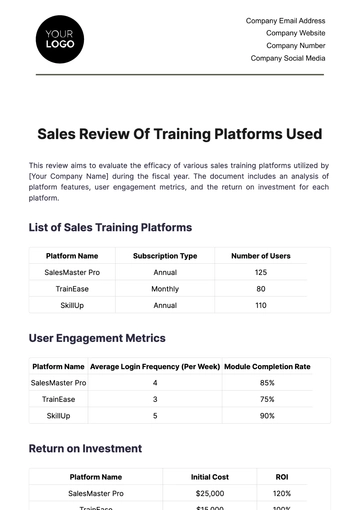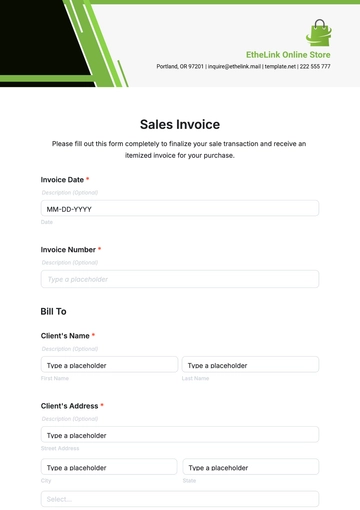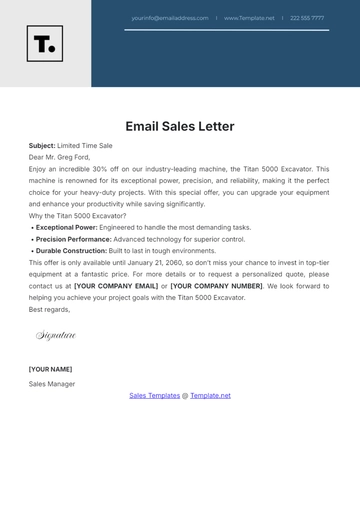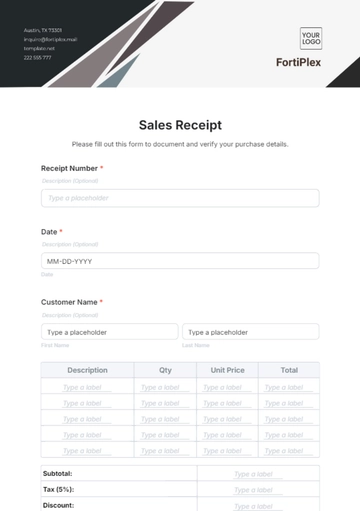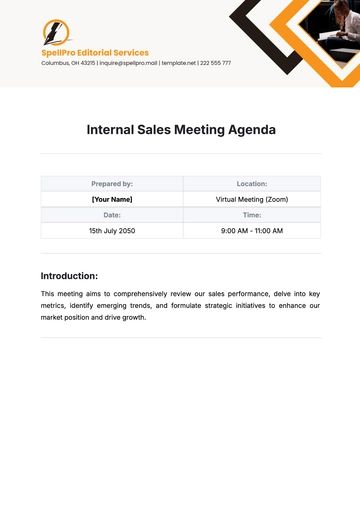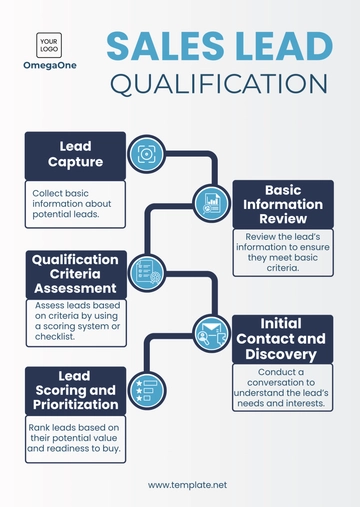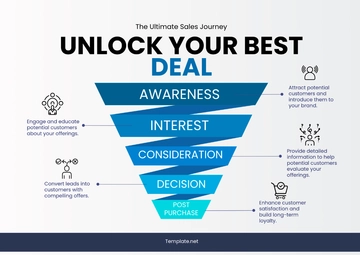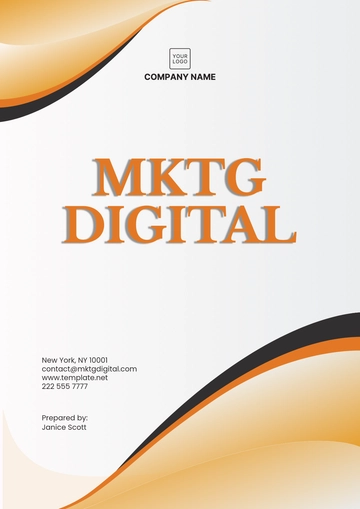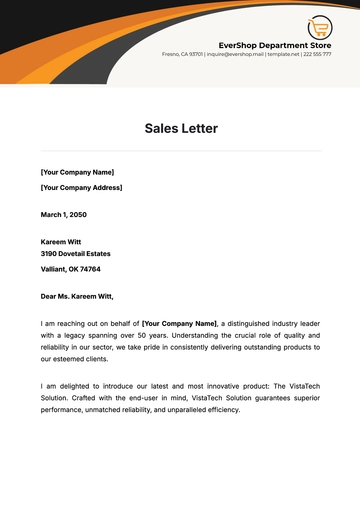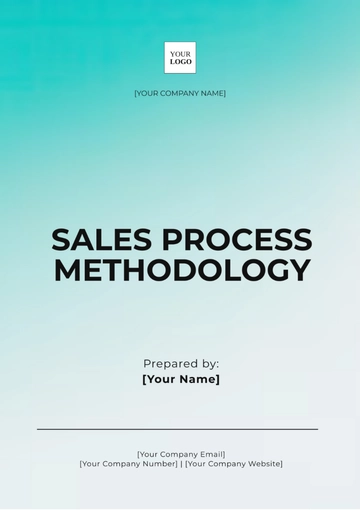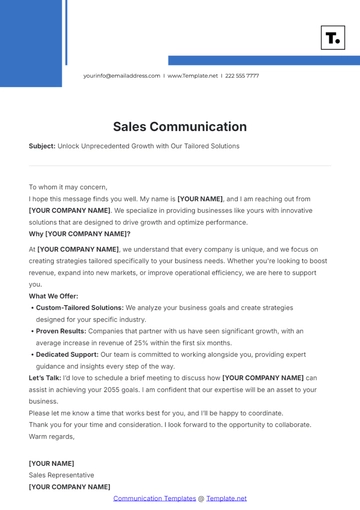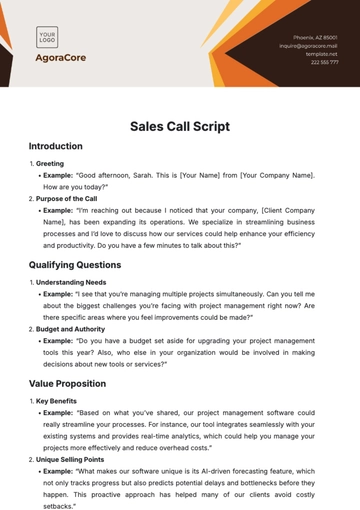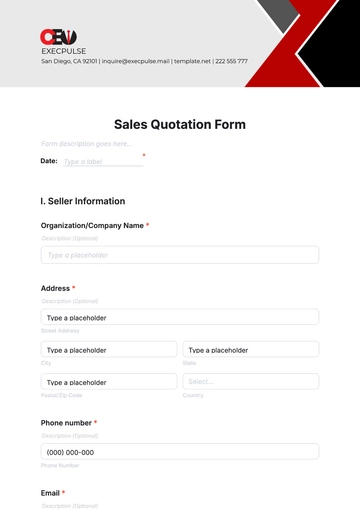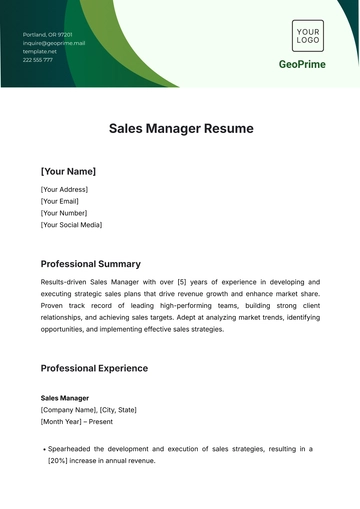Free Sales Training Structure Outline
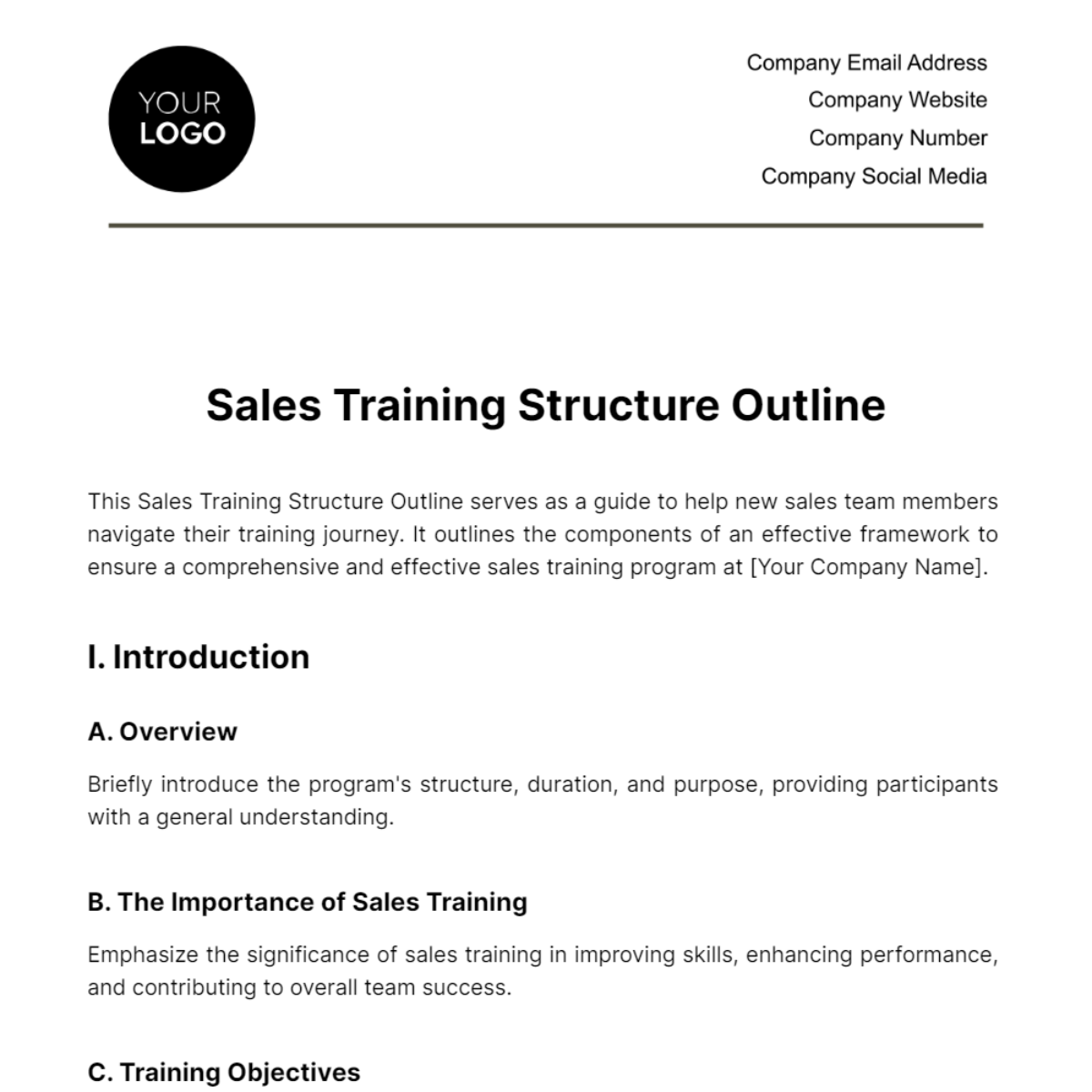
This Sales Training Structure Outline serves as a guide to help new sales team members navigate their training journey. It outlines the components of an effective framework to ensure a comprehensive and effective sales training program at [Your Company Name].
I. Introduction
A. Overview
Briefly introduce the program's structure, duration, and purpose, providing participants with a general understanding.
B. The Importance of Sales Training
Emphasize the significance of sales training in improving skills, enhancing performance, and contributing to overall team success.
C. Training Objectives
Clearly define specific, measurable goals and outcomes, setting expectations for what participants will gain from the training.
II. Training Schedule
Provide a detailed outline of the program's chronological flow, starting from the orientation phase leading up to the graduation event.
III. Training Modules
A. Orientation Day
Outline the specific focus on integrating new hires into company culture and ensuring a smooth onboarding process.
B. Week 1-6
Specify the content covered each week, emphasizing understanding the sales process, mastering product knowledge, sales techniques, and customer relationship management.
Week 1: Fundamentals of Sales
Introduction to the sales process, covering key principles and stages to provide a foundational understanding.
Week 2: Product Knowledge
In-depth training on products, including competitive analysis, handling common customer queries, and practical role plays.
Week 3: Sales Techniques
Exploration of sales techniques such as prospecting, lead generation, building a sales pitch, objection handling, closing sales, and negotiation strategies.
Week 4: Customer Relationship Management
Building and maintaining customer relationships, conducting customer needs analysis, effective follow-up strategies, and customer retention techniques.
Week 5: Sales Tools and Technology
Practical guidance on utilizing CRM software, leveraging sales analytics, using social media for sales, and incorporating mobile sales apps.
Week 6: Assessments and Evaluation
Final assessments through written and practical examinations, performance evaluations, feedback sessions, and rehearsal for the graduation ceremony.
C. Graduation Day
Program wrap up with a formal ceremony, acknowledging achievements and fostering a sense of accomplishment and community.
IV. Training Resources
A. Training Manuals and Materials
Include provided resources, such as manuals and materials, supporting participants' learning.
B. Recommended Reading
Incorporate suggested readings that complement the training modules.
C. Access to Online Training Portals
Highlight online resources for continuous learning beyond the initial program through links to online training portals.
V. Assessment and Evaluation
A. Weekly Quizzes and Tests
Integrate ongoing assessment methods, such as quizzes and tests, to gauge participants' understanding.
B. Practical Sales Scenarios
Incorporate real-world scenarios to evaluate participants' practical application of learned skills.
C. Final Assessment Criteria
Specify the criteria and standards for the comprehensive final assessment at the end of the program.
VI. Support and Mentorship
A. Access to Sales Coaches and Mentors
Emphasize access to guidance and mentorship from experienced professionals throughout the training.
B. Peer Support Groups
Encourage collaboration and mutual support among participants through outlining peer support groups.
C. Ongoing Training and Development Opportunities
Showcase a commitment to continuous learning by including the provision of ongoing training and development opportunities beyond the initial program.
VII. Conclusion
A. Key Takeaways
Summarize essential learnings and insights gained throughout the training program.
B. Commitment to Continuous Learning
Emphasize the importance of a continuous learning, encouraging participants to apply their skills and knowledge beyond the training period.
Prepared by:
[Your Name]
[Your Role/Position]
[Your Company Name]
Last Updated: [Month Day, Year]
- 100% Customizable, free editor
- Access 1 Million+ Templates, photo’s & graphics
- Download or share as a template
- Click and replace photos, graphics, text, backgrounds
- Resize, crop, AI write & more
- Access advanced editor
Streamline your sales training with this adaptable Sales Training Structure Outline Template! This resource from Template.net is fully customizable. It provides an efficient way to structure your sales training, ensuring that your sales team is well-equipped to perform. The template is editable with our AI Editor Tool! Try it out!





